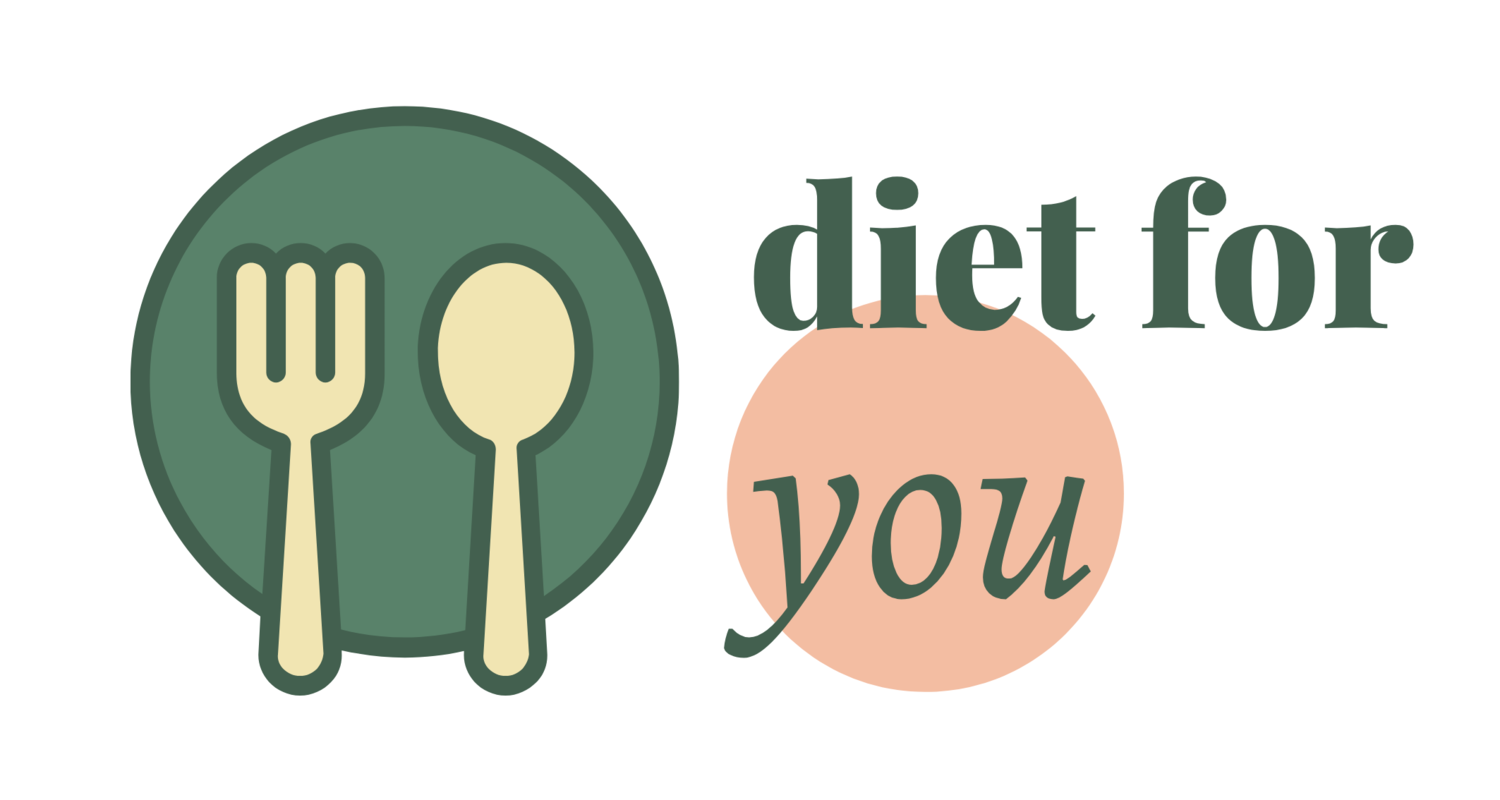Low On Energy? Try These Three Simple Strategies
Poor energy is a common complaint even from those getting ample sleep. Chatting to your doctor is a good place to start if you have ongoing concerns with fatigue. Whilst there are many non-food related causes worth exploring such as vitamin deficiencies, simple dietary habits can also play a significant role. Here are three habits targeting hydration and glucose stabilisation to help lift you from your daytime slump.
1. Drink two glasses of water within 30 minutes of waking
A high percentage of adults going about their daily tasks are doing so whilst mildly dehydrated. That’s because we lose fluid during sleep, and thirst is a poor indicator of hydration. Even as a dietitian I learnt this the hard way as for years my only fluids prior to lunch were tea and coffee. Sure, I was reaching 1.5 to 2 litres by days end, but by then it was too late to effectively hydrate my body. Timing of your water intake is just as influential as volume. Morning is the most important if you want to stay properly hydrated for the entire day.
For those experiencing fatigue, improving hydration is an obvious place to start. But doing so effectively requires you to be on it from the moment you wake. Starting your day with two glasses of water will quickly get you hydrated and will make it far easier to stay hydrated across the day. Achieving 2 litres by days end will be ample for most.
2. Snack regularly on carbs + protein
Steady glucose levels are the key for steady levels of energy. But that’s far easier said than done. Effective snacking is a habit often overlooked, especially by those rushing from one task to the next. Investing time to stop and snack will often result in far better energy levels, and productivity!
Which snack foods are best for energy? Those with a combination of protein and carbohydrate. Glucose (from carbohydrate) is our body’s primary fuel source, which when ingested with protein ensures a steady and prolonged release into our bloodstream. The way our body and brain prefer it.
Examples of healthy protein + carbohydrate snacks:
· Whole fruit with raw or dry roasted nuts
· Natural yoghurt with whole fruit
· Wholegrain crackers with peanut butter or cottage cheese
· Fruit smoothie (e.g., berries, yoghurt & milk)
How often should you snack? Whilst there is no perfect formula, start with one snack between breakfast and lunch, and two between lunch and dinner. Experience has taught me this works best for most individuals.
3. Eat a wholesome breakfast
No meal impacts energy levels more than breakfast, for better or worse. Getting it wrong can lead to prolonged periods of lethargy following a quick release of glucose. Yet getting it right can set you up beautifully for an energy filled morning and afternoon.
Foods causing a rapid release of glucose into the blood stream is exactly the thing to avoid at breakfast. That is, refined grains (devoid of fibre) and simple sugars. Unfortunately, this describes approximately 80% of breakfast cereals lining supermarket shelves.
What should you eat at breakfast? Like healthy snacks, foods providing a combination of carbohydrate and protein or dietary fibre. This results in a prolonged, more gradual, release of glucose. This is the perfect formula for steady energy levels throughout the day.
Examples of wholesome breakfast options:
· High fibre (& low sugar) breakfast cereals e.g., Rolled oats, Weet-Bix, All bran or Wheaties
· High fibre bread with protein on top e.g., eggs or nut spread
· Breakfast smoothie with ingredients such as fruit, seeds, rolled oats & natural yoghurt
If you are rushing out the door and looking for a grab and go option, fruit with a handful of nuts is ideal. Follow this up with a healthy snack an hour or two later.
For those with a vitamin deficiency it may be necessary to take a dietary supplement through consultation with your doctor. However, for many people simply improving hydration and glucose stability will have an obvious effect within days!
Article written by David Finnin
David Finnin is an Adelaide Dietitian & Nutritionist with 10+ years experience providing personalised advice for weight management, food intolerance and chronic illness


